What is DMA in the Stock Market?
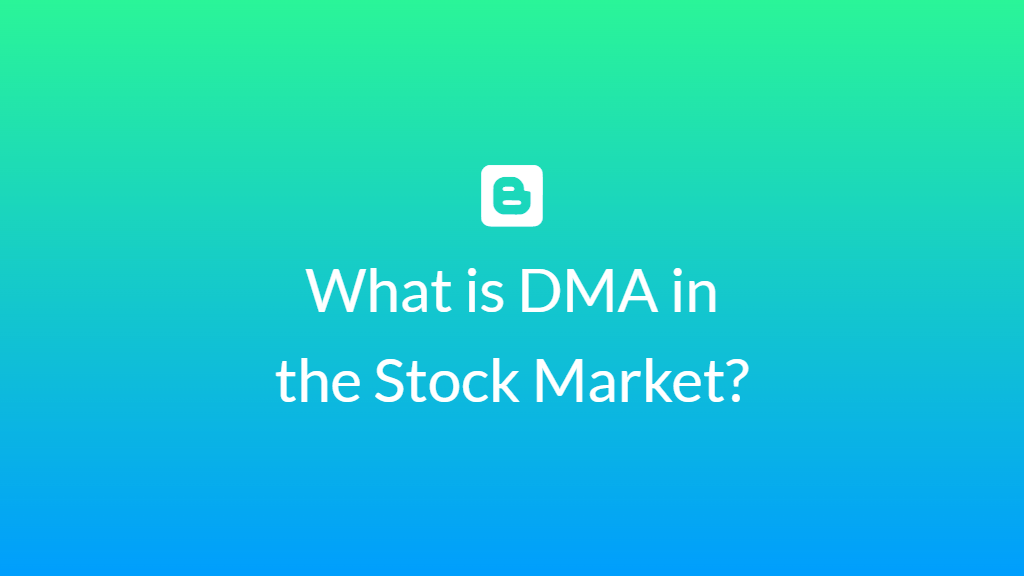
Introduction
In today’s fast-paced world of stock trading, technology has dramatically transformed the way investors interact with the market. One of these advancements is Direct Market Access, or DMA, a feature that allows traders to interact directly with financial markets without the need for traditional brokers. DMA is significant in today’s stock markets, especially for those who seek faster, more efficient trading methods. But what exactly is DMA, and how does it work?
What is Direct Market Access (DMA)?
Direct Market Access, or DMA, enables traders to place orders directly on the market, bypassing the need for traditional brokerage intermediaries. By utilizing advanced technology platforms, DMA allows traders to buy and sell securities at high speeds. Essentially, DMA provides direct access to the stock exchange, giving users more control over their trading orders and often resulting in lower transaction fees.
The Evolution of DMA
The concept of DMA originated with the growth of electronic trading systems. Previously, trading in the stock market relied heavily on brokers and dealers, who acted as intermediaries. However, with technological advancements, DMA emerged as a way for institutional investors and, later, retail traders, to engage in self-directed trading. The evolution of DMA represents a broader trend toward democratizing market access, allowing more players to participate directly.
How DMA Works in the Stock Market
With DMA, traders gain direct access to market liquidity, which enables faster execution of trades. A typical DMA transaction involves submitting an order through a specialized software platform that is connected directly to the stock exchange. This process minimizes delays, allowing trades to be completed in milliseconds, a crucial advantage for those engaged in high-frequency trading or who want to capitalize on small market movements.
Benefits of Using DMA for Traders
DMA offers numerous benefits, making it a preferred choice for many institutional and advanced retail traders:
- Speed and Efficiency: DMA allows for quicker order execution, which is crucial in volatile markets.
- Cost-Effectiveness: Since DMA eliminates traditional brokerage fees, traders can save significantly on transaction costs.
- Transparency: DMA platforms often provide real-time data and insights, helping traders make informed decisions.
Types of DMA in Stock Market
There are several types of DMA access available, each suited to different trading needs:
- High-Frequency Trading (HFT): DMA is essential for high-frequency trading, where large volumes of trades are executed in fractions of a second.
- Institutional vs. Retail Access: While DMA was initially designed for institutional investors, retail investors can now access DMA through certain brokers and platforms, though at a higher cost.
Who Uses DMA?
DMA is typically used by institutional investors, such as mutual funds, hedge funds, and proprietary trading firms, because of its high-speed capabilities. Recently, some retail traders, especially those engaging in high-frequency or algorithmic trading, have also started using DMA. The appeal of DMA lies in its ability to offer direct access to stock exchanges, enhancing control over the trading process.
DMA vs. Traditional Brokerage
One of the main distinctions between DMA and traditional brokerage services is the level of control it offers. With DMA, traders bypass the need for a broker to place trades, which allows for quicker execution and lower fees. Traditional brokers, on the other hand, handle orders on behalf of the trader, which can be slower and incur additional fees.
Risks Involved in DMA
Despite its benefits, DMA does carry risks. Market volatility can result in price fluctuations that affect trade profitability. Additionally, since DMA relies on sophisticated technology, there is a risk of system failures or connectivity issues. Regulatory risks are another factor, as financial authorities worldwide have begun scrutinizing DMA activities more closely to prevent market manipulation.
DMA Platforms and Technology
DMA platforms are equipped with robust technology that ensures trades are executed efficiently. Popular DMA platforms offer features like real-time data, direct exchange connectivity, and customizable order types. Some of the leading DMA platforms include Bloomberg Tradebook and Trading Technologies, both of which provide comprehensive tools for advanced traders.
Regulations Around DMA
The regulatory landscape for DMA varies by country, but generally, DMA providers must adhere to strict guidelines to prevent market abuse. Regulatory bodies like the SEC in the United States and the FCA in the United Kingdom have introduced rules to monitor and control DMA activities, ensuring that the platforms are used responsibly.
DMA and Algorithmic Trading
One of the main applications of DMA is in algorithmic trading, where trades are executed automatically based on pre-set conditions. DMA facilitates the rapid order placement needed in algorithmic trading, enabling traders to respond instantly to market movements.
DMA in Global Markets
DMA is widely adopted across global markets, though its accessibility and usage vary. In developed markets, such as the U.S. and Europe, DMA is common among institutional investors. In emerging markets, however, regulatory constraints may limit its availability to certain investors.
Future of DMA in the Stock Market
The future of DMA looks promising, with continuous advancements in trading technology and algorithms. Innovations such as artificial intelligence and machine learning are expected to further enhance the capabilities of DMA, potentially making it more accessible to a broader range of traders.
Conclusion
Direct Market Access is a revolutionary trading method that has significantly impacted the stock market by enabling faster, more efficient, and transparent trading. While it comes with certain risks, DMA’s benefits make it a preferred choice for sophisticated traders. As technology continues to evolve, DMA’s role in global markets is likely to grow, bringing even more opportunities for investors.
FAQs
- What is the main advantage of using DMA over traditional brokerage?
The primary advantage is faster execution and lower transaction costs, as DMA allows traders to place orders directly on the market without broker intermediaries. - Can retail investors access DMA?
Yes, some brokers offer DMA access to retail investors, though it is generally more commonly used by institutional traders due to cost and platform requirements. - Is DMA suitable for beginners in trading?
DMA is typically more suited for experienced traders due to the complexity and risks involved, especially in high-frequency and algorithmic trading. - Are there any fees associated with using DMA?
While DMA can reduce traditional broker fees, traders may still incur platform fees and costs associated with accessing exchange data. - How does DMA impact algorithmic trading?
DMA is essential for algorithmic trading, as it allows algorithms to execute trades in milliseconds, enabling traders to respond instantly to market changes.
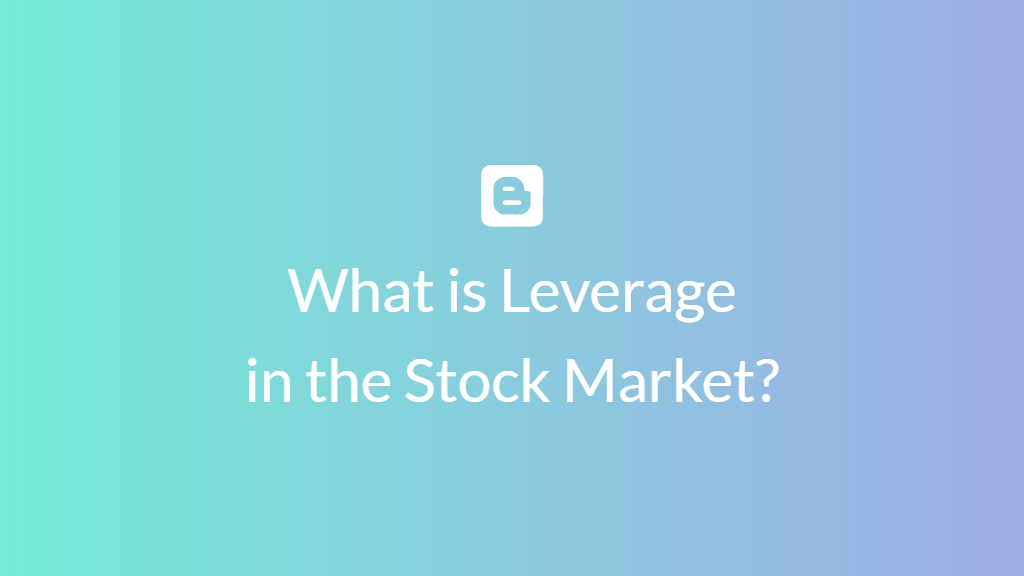
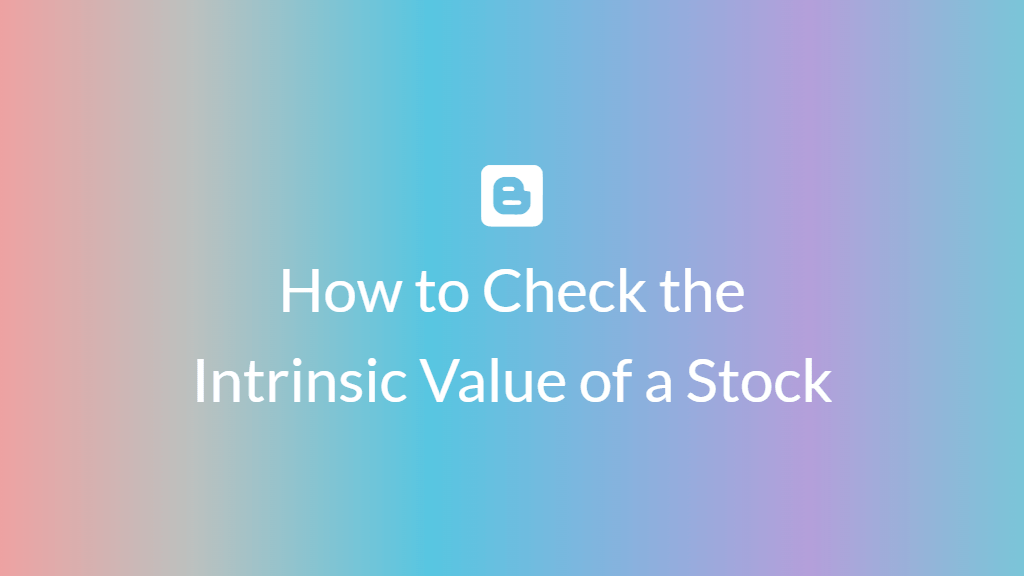

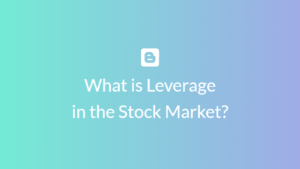
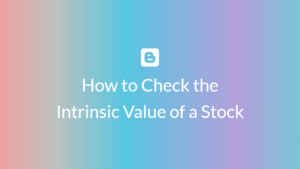
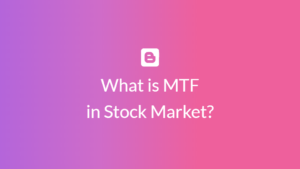
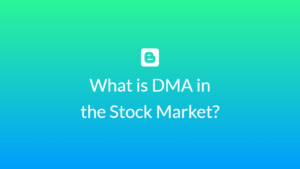
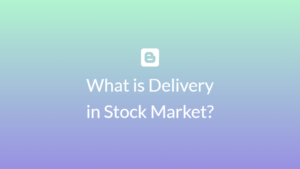
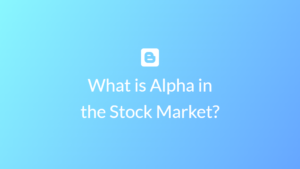
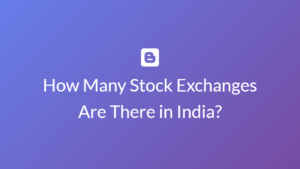
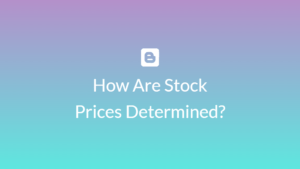
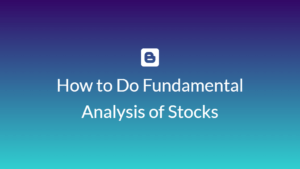
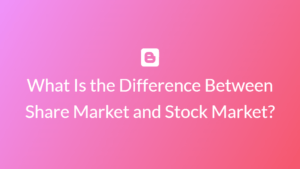

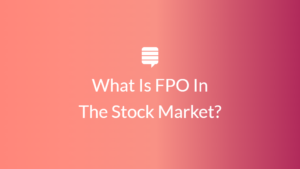
Post Comment